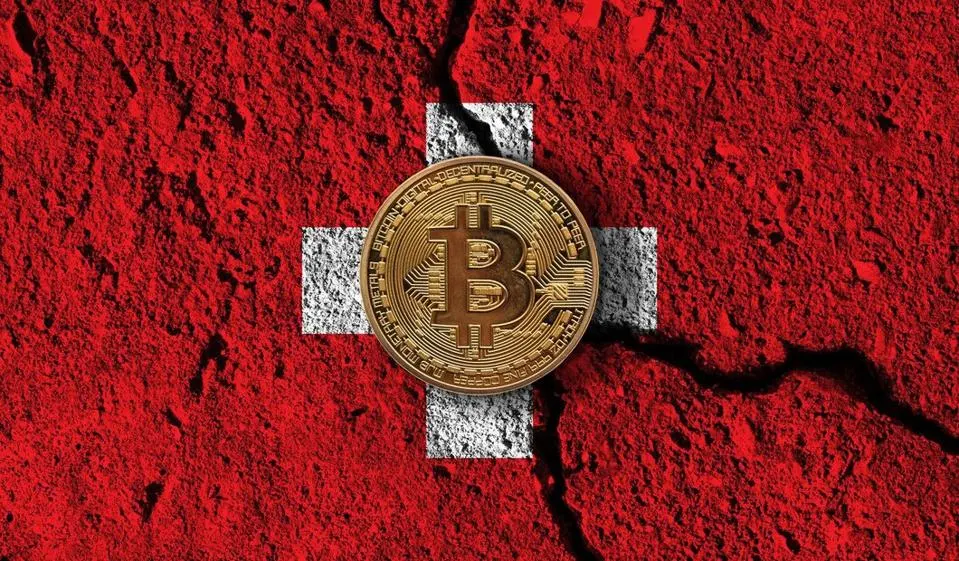In Switzerland, a group of Bitcoin enthusiasts is spearheading a renewed campaign to incorporate Bitcoin into the Swiss National Bank’s (SNB) reserves, an initiative that involves a proposed constitutional amendment. This movement, led by the nonprofit think tank 2B4CH, seeks to enhance Switzerland’s strategic autonomy and financial stability amid global uncertainties.
Starting the Referendum Process
Yves Bennaïm, the founder of 2B4CH, recently revealed plans to commence the formal procedures necessary for a national referendum. The group needs to gather 100,000 signatures from Swiss citizens within an 18-month period to bring the proposal to a vote—a significant challenge that the organization previously faced in 2021.
Proponents argue that including Bitcoin in Switzerland’s central bank reserves would underline the nation’s commitment to maintaining its sovereignty and neutral stance, especially concerning monetary policy influences from major entities like the European Central Bank. Luzius Meisser, a key figure in this initiative and president of Bitcoin Suisse, emphasized the strategic benefits of this inclusion.
Upcoming Efforts and Challenges
On April 26, Meisser is scheduled to present his argument to the SNB, where he will have a brief three-minute window to make a compelling case for Bitcoin. His advocacy efforts are not new; in 2022, he suggested that the SNB should diversify its reserves by purchasing Bitcoin instead of German government bonds, a proposal that was not adopted at the time.
Meisser also noted that had the SNB heeded his advice in 2022, Switzerland could have seen substantial financial gains. He warns that delays could mean acquiring Bitcoin at much higher prices, especially as other central banks might start incorporating it into their reserves.
Broader Influences and International Perspectives
The discussion is also influenced by recent developments in global markets, including the approval of Bitcoin ETFs in the United States and Hong Kong, which may sway the SNB’s stance on cryptocurrency. Moreover, the positive international reaction, as noted by German politician and Bitcoin advocate Joana Cotar, underscores the growing acceptance of Bitcoin as a legitimate asset class.
The campaign to integrate Bitcoin into the Swiss National Bank’s reserves is not just about altering Switzerland’s financial landscape but is also a bellwether for the broader acceptance of cryptocurrencies in national fiscal strategies. As the process unfolds, it will be a significant indicator of the evolving relationship between traditional banking institutions and the burgeoning world of digital currencies.










